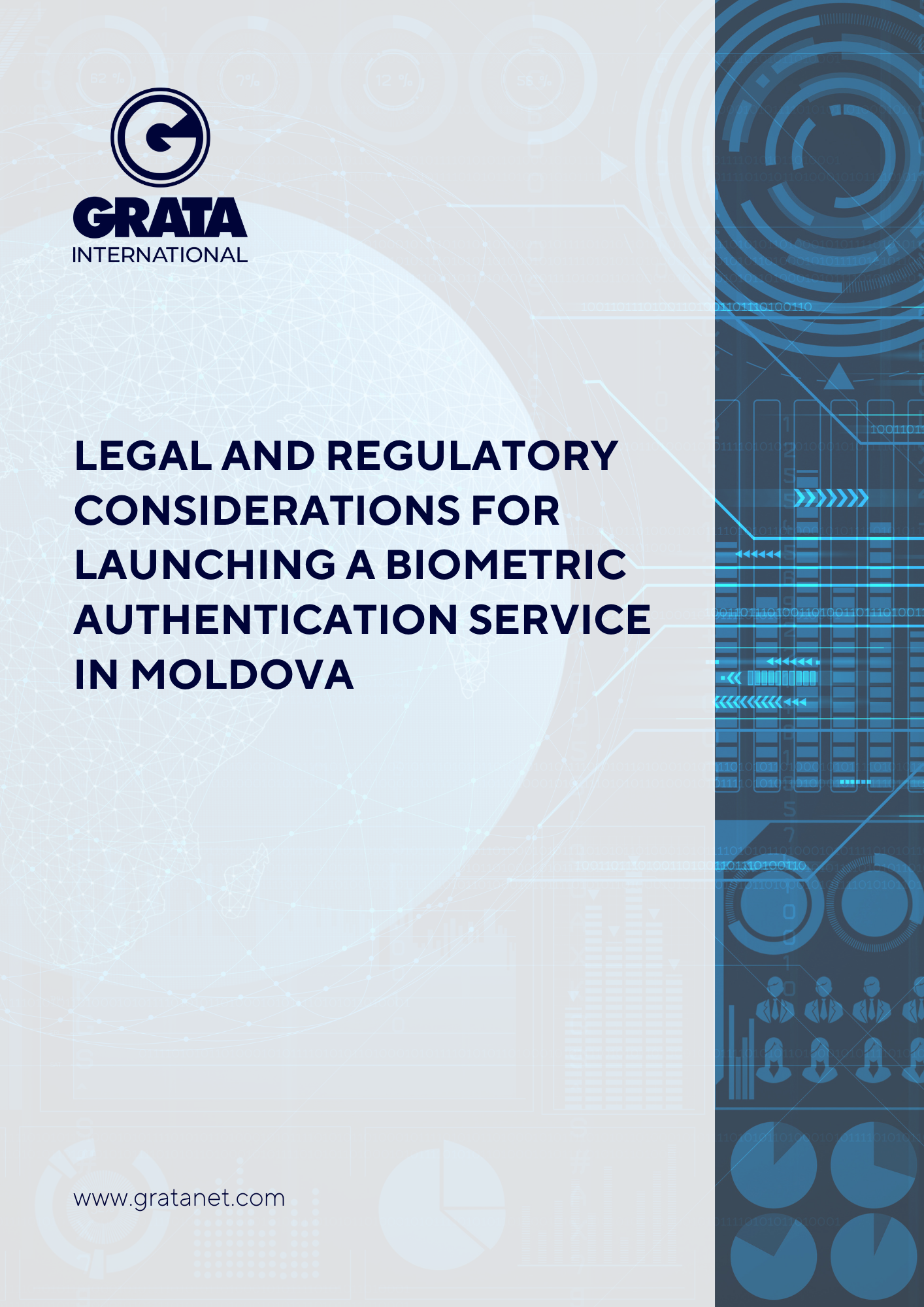Legal and Regulatory Considerations for launching a Biometric Authentication Service in Moldova

Introduction:
Biometric authentication, a method of utilizing unique physical characteristics to verify one's identity, has seen growing adoption in various sectors, with significant implications for financial services. In this article, we delve into the legal and regulatory landscape surrounding the introduction of a Biometric Authentication Service in the Republic of Moldova. We examine key legal considerations and offer insights into the implications of different consent models, potential liability, and other regulatory concerns.
1) Electronic Payment Laws and Regulations
The Republic of Moldova has established a comprehensive framework of electronic payment laws and regulations that impact electronic payment services, authentication, authorization, and processing. These laws and regulations include:
- Law no. 114 of 18.05.2012, which pertains to payment services and electronic currency.
- The Regulation on the provision of payment services through automated remote service systems, approved by the National Bank of Moldova (NBM).
- The regulation regarding payment cards, approved by the Decision of the Board of Administration of the NBM.
These regulations are in alignment with the standards of the European Union, and Moldova's pursuit of EU accession has accelerated the harmonization of its financial regulations with EU directives. In addition to these existing regulations, Moldova is in the process of joining the Single Euro Payments Area (SEPA), signifying a commitment to align its financial systems with broader European standards.

